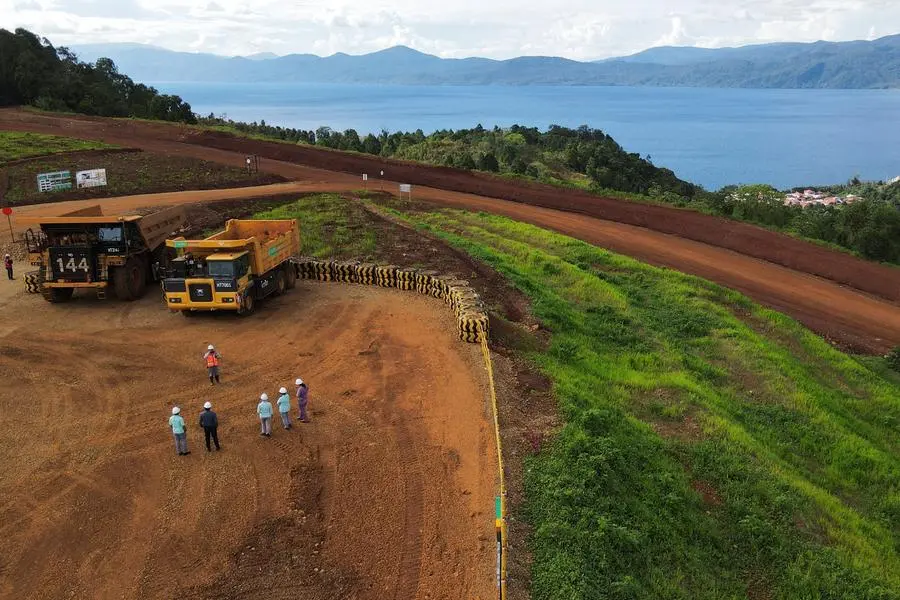PHOTO
Nickel prices were heading for their biggest weekly gain in seven months on Friday as expansion of Western sanctions against Russia triggered covering of bets on lower prices of the metal.
Three-month nickel on the London Metal Exchange was up 0.7% at $17,510 a metric ton by 1141 GMT after touching its highest since Nov. 10 at $17,600. The metal used in stainless steel and electric vehicle batteries is on course for a 7.2% weekly gain, the largest since late July.
"It's all about the sanctions risks. Everyone was incredibly short on nickel, so potential risk to supply (from Russia) caused this reaction," said Dan Smith at Amalgamated Metal Trading.
U.S. President Joe Biden on Friday announced more than 500 new sanctions against Russia for its invasion of Ukraine two years ago. The new list has yet to be disclosed.
Russia is a major producer of refined nickel and aluminium.
LME aluminium, however, eased by 0.6% to $2,185.50 on Friday after EU and British sanctions made no mention of the metal.
"Russian primary aluminium is more important for the global market than Russian nickel, but everyone has been talking about potential sanctions on Russian aluminium for a while, so the reaction was muted," Smith said.
Copper lost 0.6% to $8,530 after touching $8,608.50 in the previous session for its highest since Jan. 31. The metal used widely in construction has risen by almost 5% since Feb. 9.
"China's latest data is mildly bullish - as indicated by new home prices - and a lot of banking and property stocks are picking up," Smith said.
Nickel, meanwhile, was also supported by speculation over slow Indonesian mining quota approval, which could tighten ore supply, CITIC Futures said.
Indonesia, the world's biggest nickel producer, is reviewing applications for mining quota approval for the next three years. Other minerals are facing the same issue, with the country's refined tin exports having fallen by 99% in January.
LME zinc rose 0.3% to $2,392.50 a ton, lead lost 0.4% to $2,079.50 and tin was up 0.1% at $26,205.
(Reporting by Polina Devitt in London; additiontal reporting by Siyi Liu and Fransiska Nangoy; Editing by)





















